
A train crew member decorates the carriage of a train at Wuhan Railway Station in Wuhan, Central China's Hubei province, Jan 7, 2023. (Photo/Xinhua)
Response: China's adjustments seen as good news
Foreign diplomatic envoys in Beijing have voiced support for China's recent optimization of COVID-19 response measures, particularly the relaxed border policies on Sunday, as allegations against the country's refining of its response policies are amplified by various media outlets and government officials in Western countries.
The envoys echoed infectious disease experts from around the world who have voiced opposition to Western governments' restrictive policies for travelers from China, saying such measures are unscientific, unnecessary and political displays.
Hassane Rabehi, Algeria's ambassador to China, said that he believes the measures taken by the Chinese authorities to lift COVID-19 restrictions are based on scientific evaluation.
"It is certain that the measures will meet the expectations of all Chinese and different partner countries with China, because they will enable people to move better and will strengthen economic and trade exchanges," he said.
Aldo Alvarez, El Salvador's ambassador to China, said that over the past three years, China's pandemic response measures have protected lives, especially among vulnerable groups such as the elderly and people with underlying diseases.
The readjustment of China's COVID-19 policies was timely and necessary in line with the development of the pandemic, the mutation of the virus and the nation's reality, he said. The country's reopening of its borders will encourage more inbound and outbound travel and further boost trade and business exchanges, he added.
China's COVID-19 response has been adapted in accordance with the evolving situation. The Chinese government published 10 versions of guidelines as the dominant variants moved from Alpha to Beta to Delta and now the less virulent Omicron. The latest version of the guidelines, which is believed to be more scientific and targeted, was issued on Friday.
Starting on Sunday, the country downgraded management of COVID-19 in accordance with the law on the prevention and treatment of infectious diseases, a major shift in epidemic response policies.
Since the pandemic started, some Western countries and media outlets have shown prejudice toward China and have never stopped questioning and criticizing it. Whatever measures China took in response to the pandemic — from lockdown to the dynamic zero-COVID policy and the recent relaxation of border policies — they would blame China for its policy.
Countries such as the United States, Japan and the United Kingdom have required travelers from Chinese mainland to provide negative COVID-19 test results before departure or upon arrival.
The European Union issued a statement on Wednesday encouraging member states to require all travelers from China to provide negative test results from no more than 48 hours before their departure from China, and they conduct random testing of travelers from China.
Alvarez said these countries' restrictions on travelers from China seem to serve no technical or scientific purpose and appear more like a reaction to some pressure or concerns.
"Some of the restrictions are not really an accurate response to what is happening in China," the ambassador said, adding that he saw no reason to worry about Chinese tourists who plan to travel to his country.
Fredrick Malire, counselor at the Embassy of the Republic of Malawi, said the pandemic has disrupted global trade and people-to-people exchanges, and that it is good news for many countries that China has optimized its COVID response measures.
Hannan Hussain, a foreign affairs commentator and a former assistant researcher at the Islamabad Policy Research Institute, said that from the early phases of the pandemic to this month, China's data sharing with the international community has been instrumental to anti-pandemic transparency.
"The recent anti-China invective has nothing to do with Beijing's approach to data transparency, and plenty with perpetuating double standards against China and its policy gains," he said in an opinion piece published on the website of the China Global Television Network.








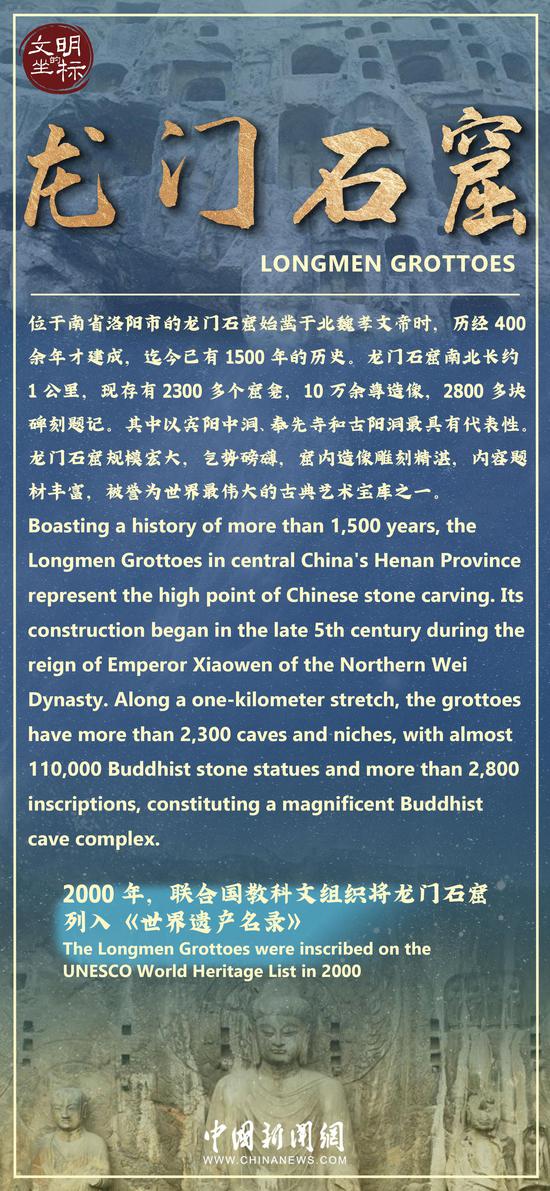
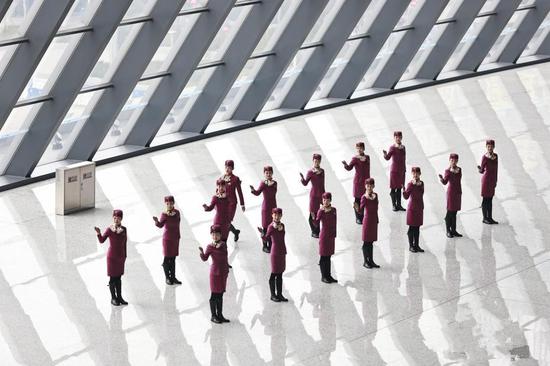
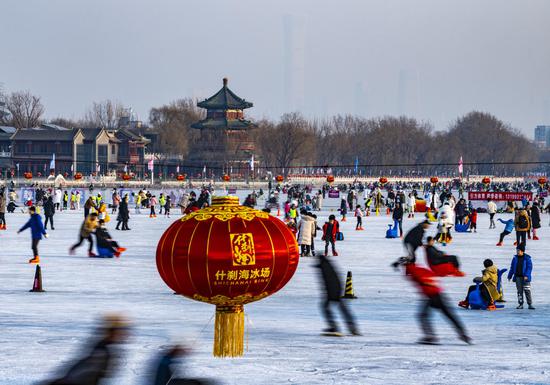
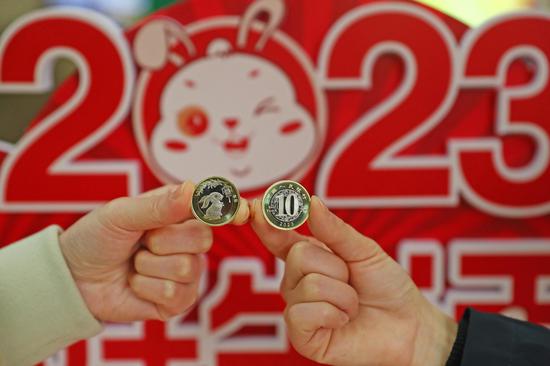
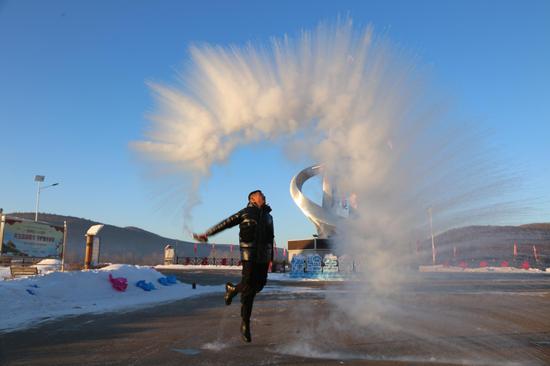
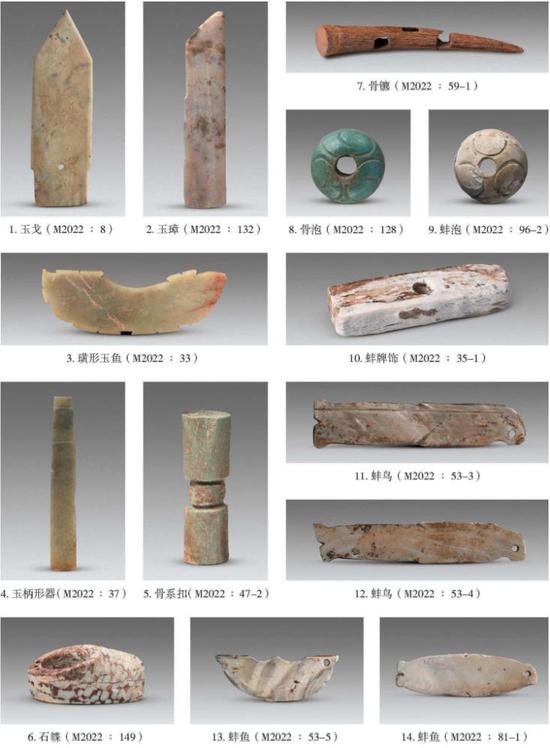

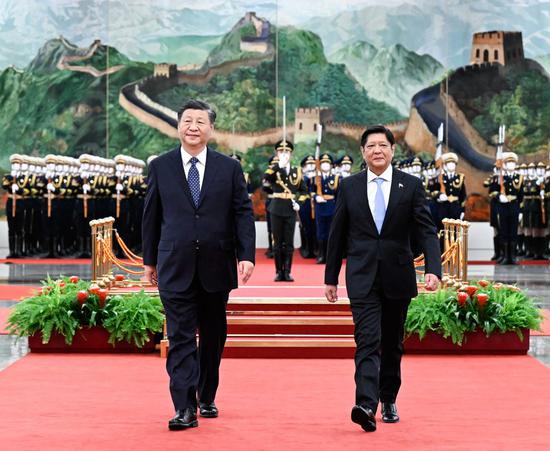
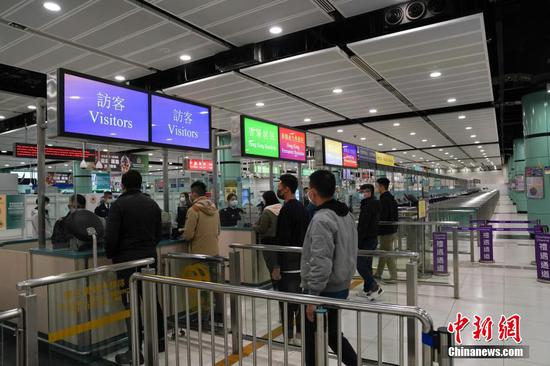

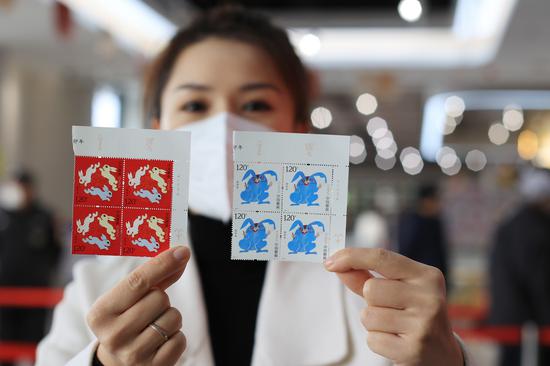



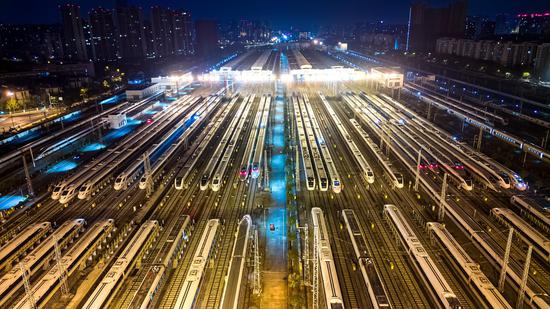
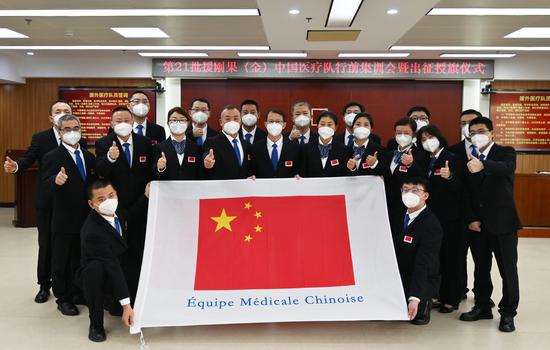




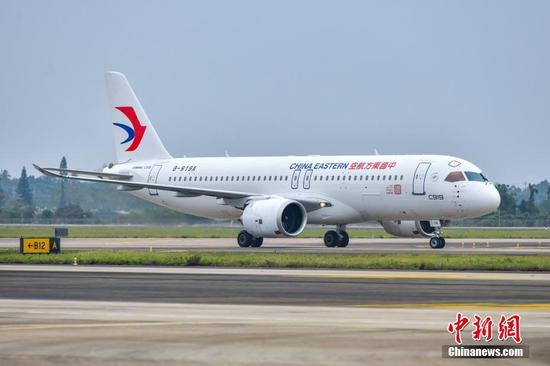


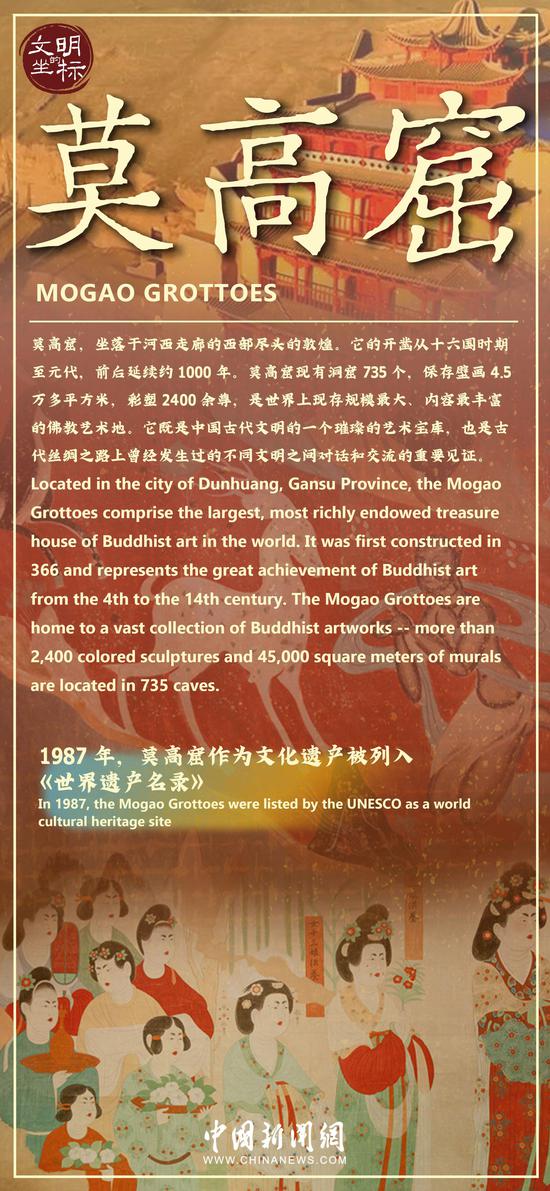

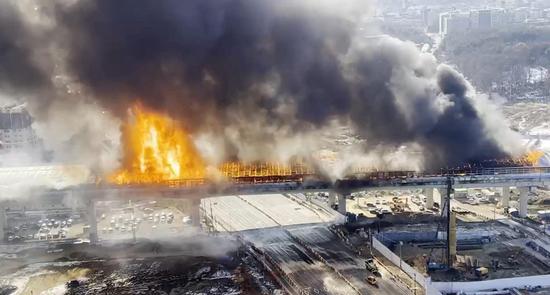
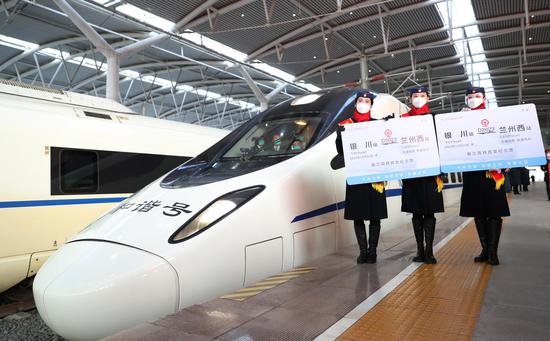



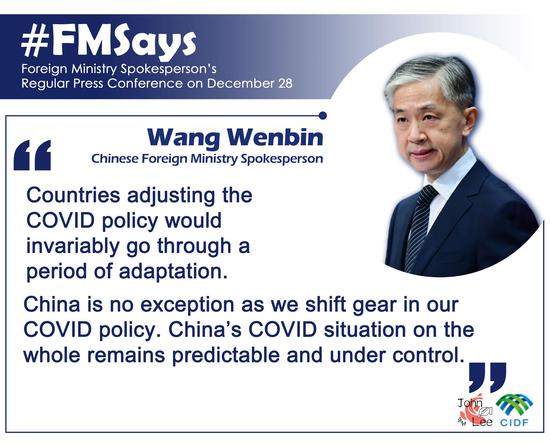
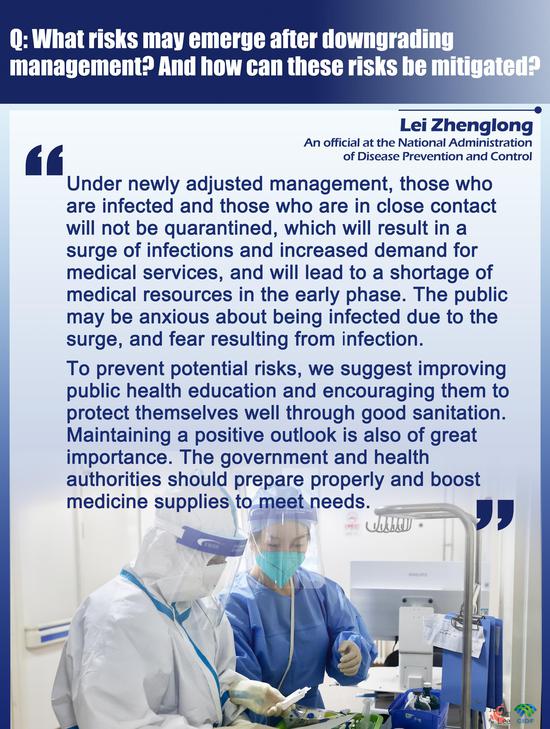


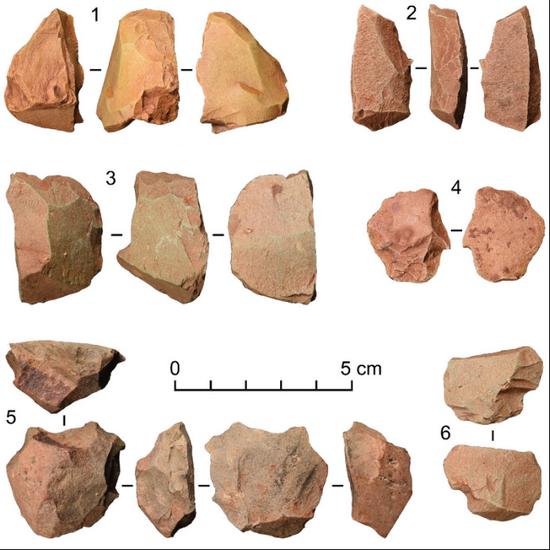

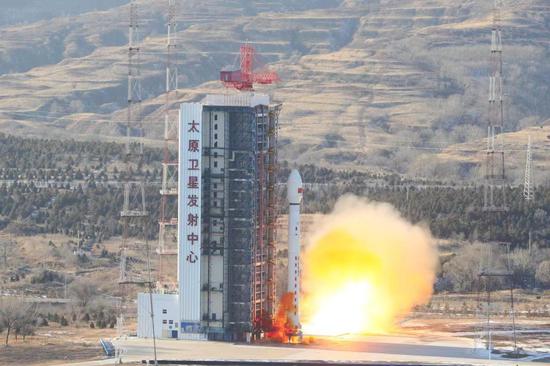





 京公网安备 11010202009201号
京公网安备 11010202009201号